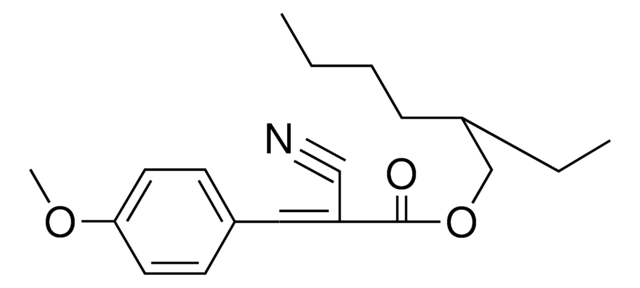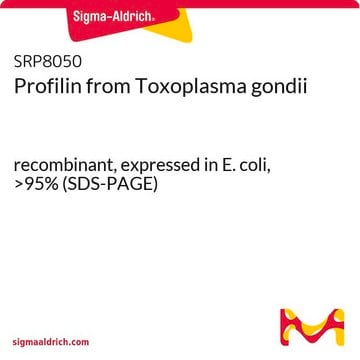SML0196
Resiquimod
≥98% (HPLC), powder, TLR7/TLR8 agonist
Synonym(s):
4-Amino-2-(ethoxymethyl)-alpha, R-848, R848, S28463, alpha-dimethyl-1H-imidazo(4,5-c)quinoline-1-ethanol
About This Item
Recommended Products
Product Name
Resiquimod, ≥98% (HPLC)
Quality Level
Assay
≥98% (HPLC)
form
powder
storage condition
desiccated
protect from light
color
white to tan
solubility
DMSO: 10 mg/mL, clear (warmed to 60 °C)
shipped in
wet ice
storage temp.
−20°C
SMILES string
CCOCc1nc2c(N)nc3ccccc3c2n1CC(C)(C)O
InChI
1S/C17H22N4O2/c1-4-23-9-13-20-14-15(21(13)10-17(2,3)22)11-7-5-6-8-12(11)19-16(14)18/h5-8,22H,4,9-10H2,1-3H3,(H2,18,19)
InChI key
BXNMTOQRYBFHNZ-UHFFFAOYSA-N
Application
Biochem/physiol Actions
Features and Benefits
Storage Class Code
11 - Combustible Solids
WGK
WGK 3
Flash Point(F)
Not applicable
Flash Point(C)
Not applicable
Choose from one of the most recent versions:
Certificates of Analysis (COA)
Don't see the Right Version?
If you require a particular version, you can look up a specific certificate by the Lot or Batch number.
Already Own This Product?
Find documentation for the products that you have recently purchased in the Document Library.
Customers Also Viewed
Our team of scientists has experience in all areas of research including Life Science, Material Science, Chemical Synthesis, Chromatography, Analytical and many others.
Contact Technical Service
















